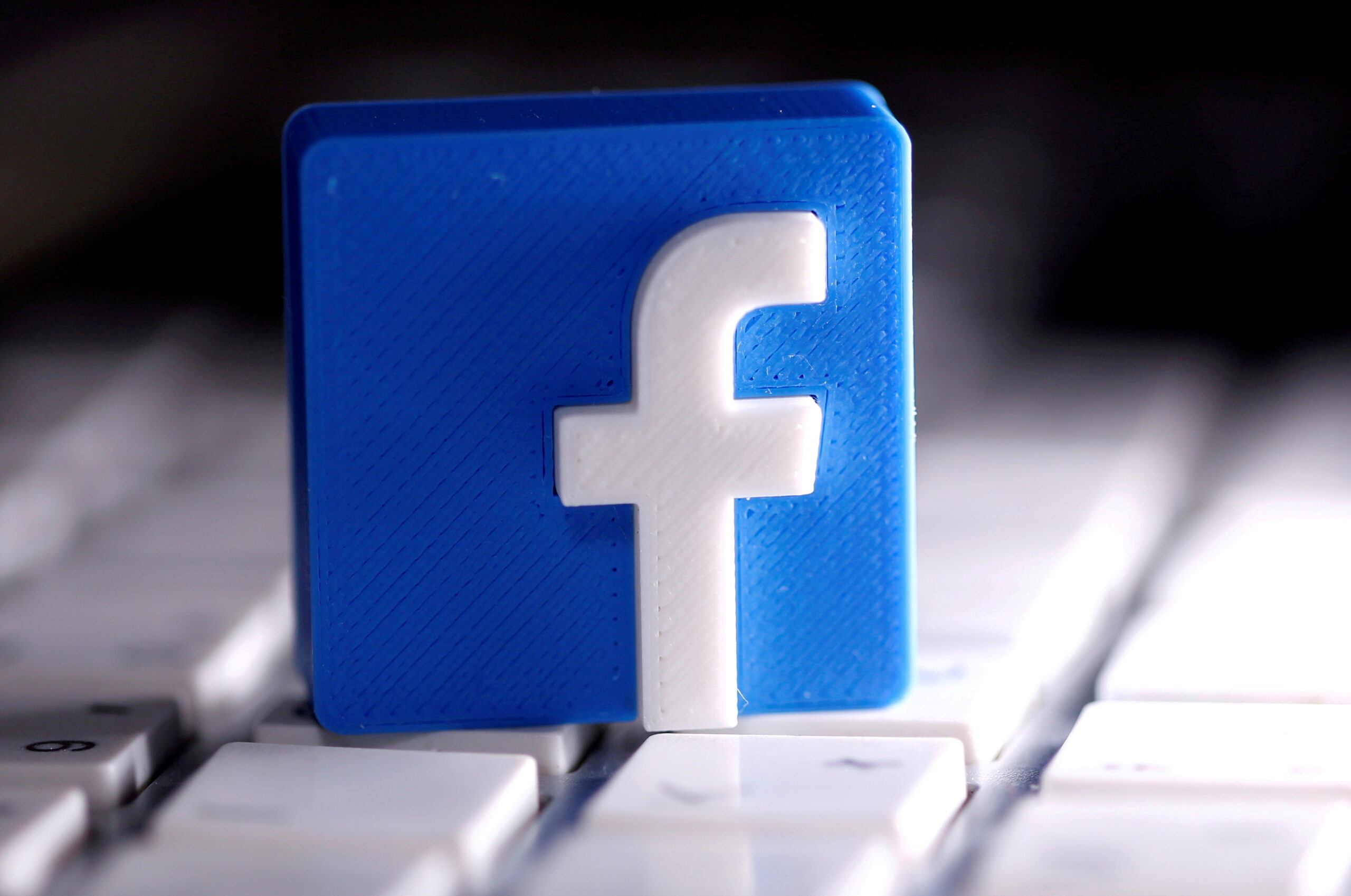
Continuing my debate about data usage and data abuse, I listened to a fascinating discussion from the BBC about whether Mark Zuckerberg is a good or bad billionaire.
You can listen to the podcast if interested, but a few items came up such as the release of customer data to Cambridge Analytica a few years ago, and the rise of self-harm groups leading to teenage suicides. Bear in mind that this is not just Facebook, but it’s also WhatsApp and Instagram. Then add on to this the lack of oversight. People have posted school gun shootings in real-time on Facebook which, by the time the platform realised what was happening, it was way too late.
Equally, on a personal level, I’ve found that whatever I buy on Facebook through target ads is rubbish. The quality controls are awful. About 19 out of 20 purchases made have been not fit for purpose, nothing like the ad, and really awful. The result is that I now ignore all Facebook ads, which cannot be good for the advertisers.
This got me thinking about TikTok, Instagram, X and other social media platforms, where you sometimes get the feeling they are anti-social platforms. Trolls, stalkers, haters and all of the underworld are trawling your profiles to rip you off.
Take romance fraud as an example.
Romance Fraud is the engineering of a supposed friendship or relationship for fraudulent, financial gain. Suspects invest significant amounts of time into socially engineering their victims – knowing that as they gain the victim's trust, their chances of extracting considerable funds from them simultaneously increase.
Source: UK Police Force
Let’s add a bit more fuel to the fire.
Newly released Federal Trade Commission data show that consumers reported losing more than $10 billion to fraud in 2023, marking the first time that fraud losses have reached that benchmark. This marks a 14% increase over reported losses in 2022.
Consumers reported losing more money to investment scams—more than $4.6 billion—than any other category in 2023. That amount represents a 21% increase over 2022. The second highest reported loss amount came from imposter scams, with losses of nearly $2.7 billion reported. In 2023, consumers reported losing more money to bank transfers and cryptocurrency than all other methods combined.
"Digital tools are making it easier than ever to target hard-working Americans, and we see the effects of that in the data we're releasing today,” said Samuel Levine, Director of the FTC’s Bureau of Consumer Protection
Digital tools are making it easier than ever to scam and defraud.
As an advocate of the digital world, this does not surprise me … but it does annoy me and, especially, the anti-social networks annoy me.
When almost everything on facebook and its siblings is a scam, it cannot be trusted.
Interestingly, on the BBC podcast discussion, this all comes down to Mark Zuckerberg who has retained the majority of control over his platforms due to their share structure.
So, Zuckerberg is happy for people to believe fake news, to be scammed, ripped off, commit suicide in teenage self-harm groups and possibly even stream their death live to their audience for likes … as long as it increases profits, returns and wealth for him and his friends.
Seems like the platform with three billion users is abusing their customer, rather than helping them.
Be careful with data.
If you’re getting something for free, you are the product
Chris M Skinner
Chris Skinner is best known as an independent commentator on the financial markets through his blog, TheFinanser.com, as author of the bestselling book Digital Bank, and Chair of the European networking forum the Financial Services Club. He has been voted one of the most influential people in banking by The Financial Brand (as well as one of the best blogs), a FinTech Titan (Next Bank), one of the Fintech Leaders you need to follow (City AM, Deluxe and Jax Finance), as well as one of the Top 40 most influential people in financial technology by the Wall Street Journal's Financial News. To learn more click here...

